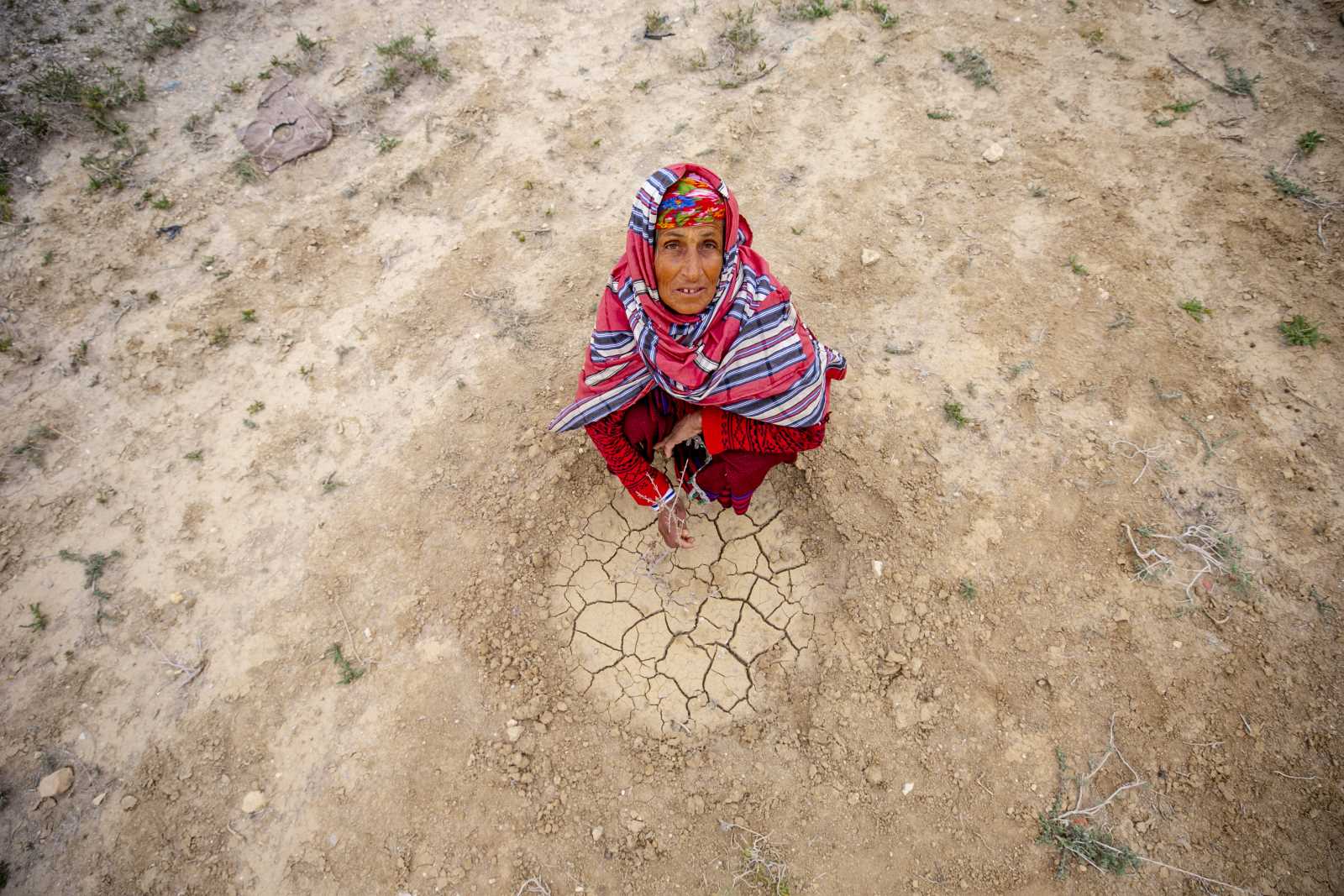International financial institution
Human and social beings

Economics is a social science struggling with self-doubt. Even leading international institutions are increasingly questioning orthodox views they held for many years. The obvious reason is the scale of the global financial crisis that began in 2008, when Lehman Brothers, the investment bank, collapsed.
The International Monetary Fund (IMF), for instance, has begun to admit that austerity is not working as expected. The Organisation for Economic Cooperation and Development (OECD) is increasingly focussing on how to tackle inequality, backing away from the old trickle-down paradigm according to which economic growth “lifts all boats”.
Now the World Bank has abandoned standard economic reasoning. Its World Development Report 2015, which was published in late 2014, relies heavily on psychological and sociological arguments. It admits that “homo economicus”, the concept of the rational, utility-optimising individual on which most economic modelling is based, is wrong in three fundamental ways:
- Human beings do not rationally ponder every single decision, but rather often decide “automatically”. The main reason is that people mostly have more relevant information than they can process.
- Human beings are social beings who are interested in cooperation. They appreciate the common good because it constitutes an important part of their personal well-being.
- In line with the first two arguments, human beings rely on habits, generally held convictions and social norms. Various kinds of mental models and social beliefs form individual decisions.
The World Bank team states that these things matter in development affairs and must be taken into account for policies to work out. For example, it is not enough to tell people about the economic benefits of saving money. Microfinance institutions should also design their schemes in ways that match their clients’ cultural values and daily habits. In a similar sense, it is not enough to inform smallholder farmers about the merits of fertiliser. Development agencies should also ensure that fertiliser is sold right after the harvest, when farmers have money, and not only shortly before they re-sow in the lean season, when they normally lack cash.
The World Bank experts emphasise the relevance of how expectations mark societies. It is very hard to fight corruption, for instance, once it has become entrenched in a collective mind set. If the paying and taking of bribes is considered normal, deviation from the pattern is difficult – both for payers and takers of bribes. Changing destructive social attitudes is a huge challenge, the report warns, and simple incentives plus rational reasoning will not do the job.
In separate chapters, the report assesses issues such as fighting poverty, childhood development, health or climate change. One chapter discusses how group think and flawed theorising distort the work of development agencies. The World Bank wants them to “implement procedures” to mitigate such problems. The authors write that developmental interventions should be tested and fine-tuned in repeated trials before being scaled up. This is the way, they argue, to ensure that measures prove most effective. In this regard, the report echos authors such as Abhijit Banerjee and Esther Duflo (2011), Ben Ramalingam (2013) or David Booth (2014).
After largely ignoring sociological and psychological arguments for decades, the World Bank now pretends to be responding to recent research. In truth, it has been understood for a long time that the poor in particular depend on community support in times of crisis and thus resemble the homo-economicus model even less than the rich. The stance of the World Development Report thus suits technocrats who are defending a position of power. The shift in thinking is welcome nonetheless: better late than never.
Hans Dembowski
Link:
World Development Report 2015: Mind, society and behaviour.
http://www.worldbank.org/en/publication/wdr2015
References:
Banerjee, A., and Duflo, E., 2011: Poor economics (also see D+C/E+Z 2013/07-08, p. 298 ff. ).
Booth, D., and Unsworth, S., 2014: Politically smart, locally led development (also see D+C/E+Z 2014/11, p. 406).
Ramalingam, B., 2013: Aid on the edge of chaos (also see D+C/E+Z 2014/02, p. 48 f.)















